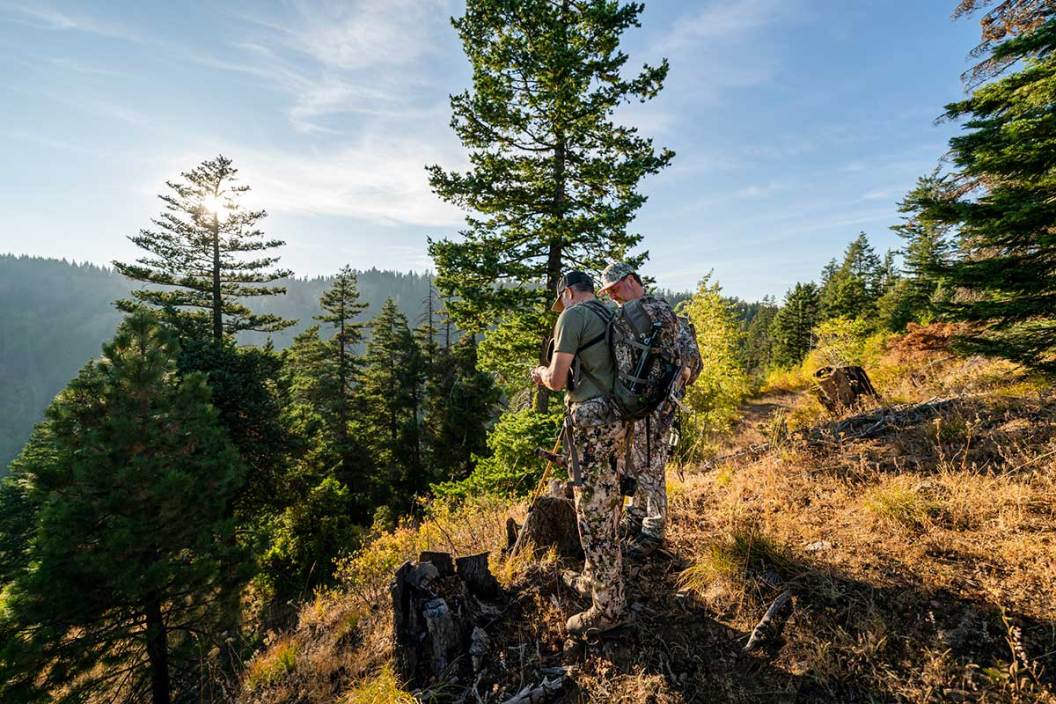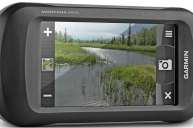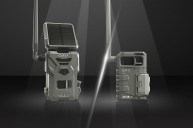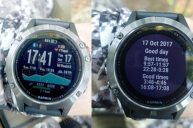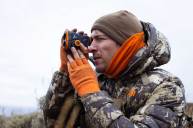Don't invest in a pricey GPS device unless it comes equipped with these qualities.
With hundreds of options to choose from, shopping for a new GPS unit can be a daunting task. This criteria should help you narrow down your choices.
1. Excellent Satellite Reception
First and foremost, a handheld GPS unit's ability to efficiently connect to satellite systems will make or break it as a solid option for your next hunting trip. The United States currently has 24 satellites in place for the global positioning system, and the best handheld GPS devices will connect to at least a dozen of them—not only for accuracy but also for speed in triangulating your location. The size of the antenna and sophistication of the GPS system software will affect this.
2. Durability
Any piece of tech you're taking into the backcountry should be water-resistant and constructed of high-quality materials. You're bound to bump, bang, and drop a handheld GPS from 20 feet up more than once, so make sure the unit you choose can stand up to the abuse.
3. Advanced Functionality
The features and functionality you'll need in a hunting GPS unit will largely depend on where and how you'll be hunting. At the very least, you'll probably need access to preloaded topographic maps, plus the ability to check weather conditions and mark waypoints. Two-way radio communication or messaging, Bluetooth or wireless connectivity, an electronic compass, and a digital barometric altimeter are also nice-to-haves.
Some of the best hunting GPS units are even equipped with a 3-axis compass/accelerometer plus an 8-megapixel camera, micro SD card, and plenty of internal memory. If you'll be trekking treacherous country miles from basecamp, spring for the best you can afford.
4. Ease of Use
More features can mean more confusion and a steeper learning curve, but a good GPS unit should still be user-friendly. A dual-orientation touchscreen display that's sunlight-readable with an adequate screen size will make a GPS much easier to navigate.
5. Good Battery Life
Accessing location information can be a real energy-drain, so look for a unit that boasts an extended battery life, whether you're using a rechargeable lithium-ion battery or disposable AA batteries.
6. Packability
Every ounce—and inch of pack space—counts when you're running and gunning, so find a GPS unit that strikes the perfect balance between capability and lightweight compactness.
7. Warranty
Many models will come with a one-year warranty, and anything above that is an added bonus. Be sure to read the fine print and learn what all it covers.
Garmin dominates the hunting GPS category, and these are some outdoorsmen favorites:
- Garmin GPSMAP 64st GPSMAP 64s
- Garmin Oregon 650t and Oregon 600
- Garmin Etrex 30x
- Garmin Montana 680t
- Garmin inReach Explorer
- Garmin Foretrex 601
Products featured on Wide Open Spaces are independently selected by our writers and editors. However, when you buy something through our links, we may earn a commission.
NEXT: BOOT GAITERS: WHAT THEY ARE AND WHY AN OUTDOORSMAN NEEDS THEM
